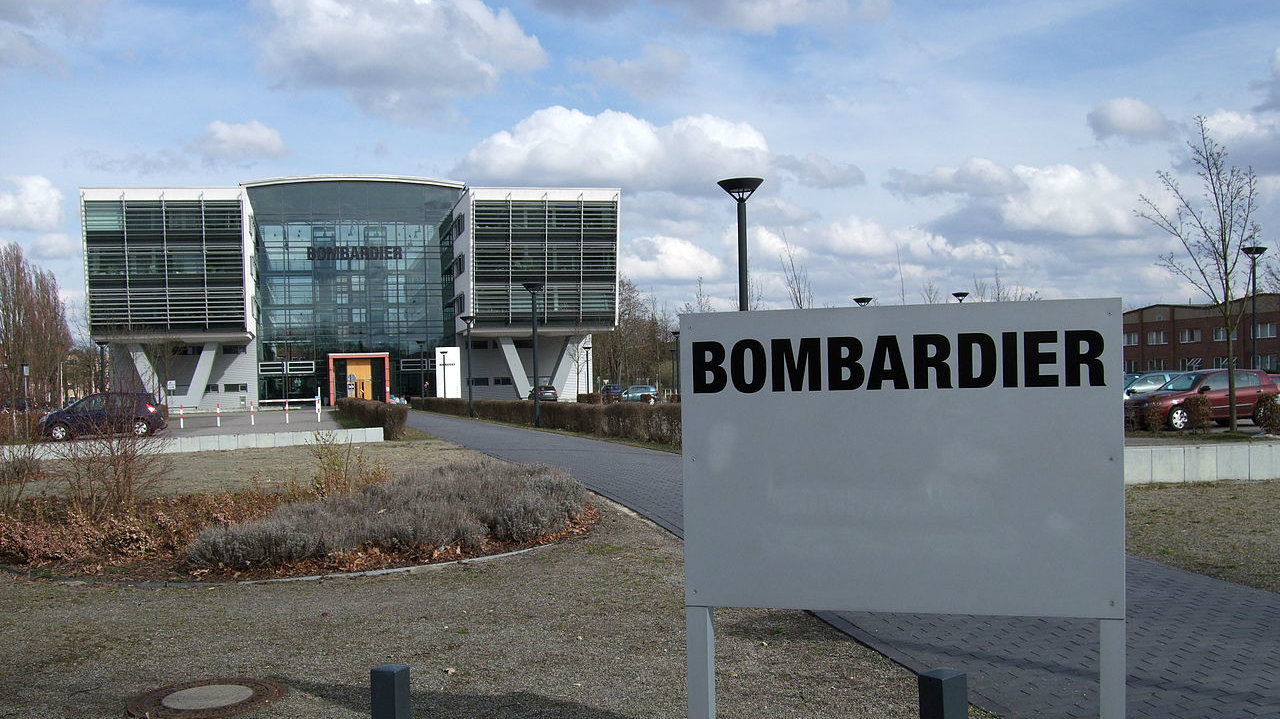The recent slide in the share price of Bombardier (TSX:BBD) has contrarian investors wondering if this might be a good time to step in and book a flight on the company’s stock.
Let’s take a look at the Canadian plane and train company to see if it deserves to be in your portfolio right now.
Losing altitude
Bombardier’s stock has been on a wild ride in recent years. The company’s well-documented challenges getting its CSeries program off the ground threatened to push the business into bankruptcy in early 2016. The company shelved the dividend in an effort to preserve cash flow and the stock fell below $1 per share as investors grabbed their parachutes and jumped.
The brave souls who decided to buy at that point were quickly rewarded. Bombardier signed large deals for the new jets with Air Canada and Delta Air Lines, and these commitments, along with US$2.5 billion in funding from Quebec and the province’s pension fund, stabilized the situation and probably saved the company. By the summer of 2016 the stock traded at $2.
The recovery looked like it was going to hit a major speed bump in late 2017 when the United States decided to slap tariffs of nearly 300% on the planes that would be delivered to Delta Air Lines, citing unfair discounts supported by the Quebec government. Bombardier resolved the issue by selling a majority interest of the CSeries to Airbus. The European giant will build all CSeries planes (now called A220) that are destined for U.S. customers at a facility in Alabama. The U.S. subsequently dropped the tariffs.
Airbus took control of the CSeries program in July 2018 and the market had high hopes for a wave of new A220 orders. Bombardier’s stock continued to soar on the upbeat mood, topping $5.40 shortly after the deal closed.
Since then, things haven’t panned out as expected, and the stock is now back to $3.80.
Rising oil prices are driving up the cost of jet fuel, and that should be positive for the A220, which is marketed as a very fuel-efficient plane. However, Airbus is not going to sell the planes at the same discount that Bombardier needed to offer to save the business, so the orders might take some time to materialize.
Train trouble
Bombardier’s transport business makes trains, streetcars, and subway vehicles. The division has struggled with manufacturing problems and missed delivery schedules on some large contracts. As a result, buyers are turning to competitors. Boston and Chicago decided to go with Chinese companies on large orders for their networks, and Montreal snubbed Bombardier in favour of a European supplier earlier this year.
In addition, European giants Alstom and Siemens are trying to merge their train businesses to compete with the Chinese companies. If the deal goes through, Bombardier’s ability to compete in the global market might be affected.
Rising rates
Bombardier is still carrying significant debt. As interest rates rise, there is a risk that the company will be forced to pay more to replace the notes as they come due. Bombardier is still burning through cash, so the ability to pay down debt isn’t likely to be significant in the near term, unless the company dilutes shareholders again with a large stock issue.
Corruption probe
A nagging anti-corruption probe connected to a train deal in South Africa might be putting additional pressure on the stock. The situation has been ongoing for some time, but the media has put extra focus on it recently and that could be making investors nervous.
Should you buy?
Bombardier is no longer at risk of going bust, and Airbus will probably find long-term success with the A220. However, near-term downside risk remains for Bombardier’s stock, given the other operational challenges and the large debt position. As such, I would look for other opportunities today.








